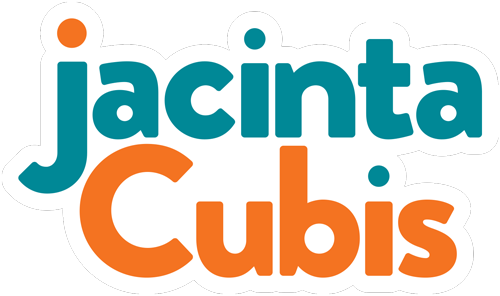One Australian way to shift patterns and power in groups
The group filed in to the workshop, a blend of community activists and industry. They were from a town that felt over-consulted, yet had little trust in the government responsible for those same engagement processes.
Another workshop, another facilitator. They knew what to expect.
A few simple things helped to shift the patterns they were used to.
No tables. Instead, randomly placed chairs. No screen and no projector. Not a microphone in sight.
They quickly adapted to these minor adjustments.
Their energy lifted when I invited one of them to acknowledge the traditional custodians of the land on which we were meeting.
After a few seconds of surprised silence, Cathy* cleared her throat and started to offer a few words. As she spoke, her voice grew louder and her tone became more confident.
In her own words, she talked of her respect and admiration for the resilience of the area’s traditional owners. She elegantly blended this with her own love of the town in which she’d spent her whole life.
Her words were spontaneous and heartfelt. They set a respectful tone for a conversation about the town’s future, now underpinned by a personal reflection on the connection to country of the area’s Aboriginal and Torres Strait Islander people.
I think it also helps to shift the power from the facilitator or host to the participants, signalling that it’s our conversation.
As Reconciliation Week draws to a close for 2019, it’s a simple way of keeping reconciliation in Australia as part of my ‘every day’.
I think this as an extension of the work I did with Carol Vale in her ‘Facilitating Deadly’ workshops a few years ago. She helped to build my confidence in bringing Indigenous Australian culture into my facilitation practice, and referencing my own. Her approach was open-hearted and generous, and no question was too dumb. She gave me permission to explore and experiment.
Acknowledgement of country is important but can sound rote at official events, especially when speaker after speaker uses exactly the same words. Canadian colleagues tell me that it can feel like this in Canada. I was surprised when my American friends told me that they have no such protocol and First Nation peoples or land are rarely acknowledged. Perhaps this is changing?
My invitation to participants is a tiny step, especially when compared to what I see ‘across the ditch’. The last Australasian conference I attended Maori and Pākehā sang together to open and close their sessions, in Te Reo Māori and English. And who can forget NZ’s Prime Minister, Jacinda Ahern, wearing a Kahu huruhuru, a traditional Maori cloak, at Buckingham Palace?
Sure, appearances aren’t everything, but symbolism, when its authentic, is powerful.
We reconcile our accounts on a regular basis. I wonder if we could pay as much attention to ‘balancing the books’ in the relationships between Aboriginal and Torres Strait Islander peoples and the wider Australian community.
Next time you’re leading a group and you go to recite the acknowledgement of country a little automatically, perhaps ask someone else. It’s a simple way to shift the expectations of groups coming together to work on a common issue. Let me know if you give it a go.
*Not her real name
